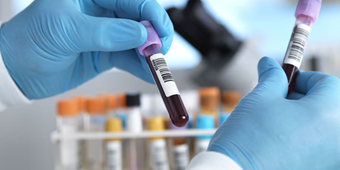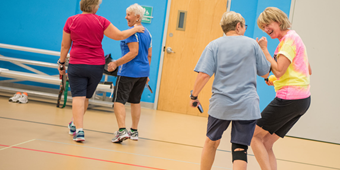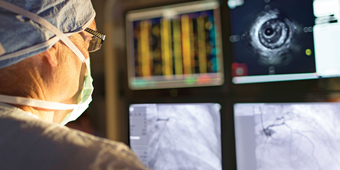It’s a Female Thing: Unique Heart Disease Warning Signs

Find Your Perfect Match
Answer a few questions and we'll provide you with a list of primary care providers that best fit your needs.
Heart disease is the leading health threat for men – and women.
But don’t assume that if heart disease enters your life, you’ll experience the exact same symptoms or warning signs common to men.
Heart disease and heart attack in women casts a wider net of symptoms than in men. Chest pressure or pain is equally found in both sexes. But women are more likely to experience symptoms such as shortness of breath, a feeling of malaise or decreased exercise capacity.
Be Aware of Subtler Symptoms
Only half of women who have heart attacks experience chest pain. Other
- Indigestion
- Nausea
- Vomiting
- Extreme tiredness
- Dizziness, lightheadedness or fainting
- Discomfort, tightness, pressure or aching that comes and goes in the back, abdomen, arm, shoulder, neck or jaw
Women need to have their radar up a little higher, because women’s symptoms can be subtler. For instance, you experience a little discomfort, nervousness or pressure. Or you get out of breath when walking the dog or while doing other activities that used to be easy.
Women also are more likely to experience pain at rest, under mental stress or during routine activities rather than during exercise. For men, chest pain worsens with physical activity and subsides when activity stops. And men are more likely than women to break out in a cold sweat and to complain of pain in the left arm during a heart attack.
Women are more likely to experience symptoms such as shortness of breath, a feeling of malaise or decreased exercise capacity.
Heart Disease Differences in Men and Women

The differences in symptoms between the sexes can be explained by differences in the physical nature of heart disease in men and women. Men more commonly experience coronary artery disease (CAD). With CAD, blockages in the coronary arteries reduce flow of oxygen-rich blood to the heart, resulting in chest pain.
In contrast, women are more likely to develop coronary microvascular disease (CMD), which affects the very small arteries that branch out from the coronary arteries.
Don’t ever assume anything is normal or OK. Come to the emergency room or call 911 if you think you may be having a warning sign (of a heart attack), even if you’re not sure and think it might be silly.
Find Your Perfect Match
Answer a few questions and we'll provide you with a list of primary care providers that best fit your needs.
Source: American Heart Association; National Heart, Lung and Blood Institute




